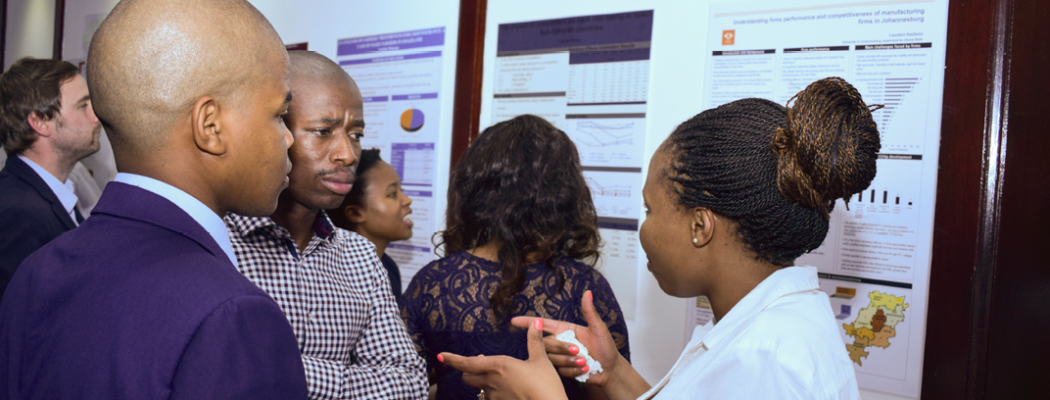Macroeconomic modelling for policy formulation
National Treasury (NT) is central to macroeconomic policy in South Africa and holds a key role in maintaining macroeconomic stability around an achievable path of growing output capacity. This work stream is designed to further strengthen the capacity of NT, alongside other actors in the region, and to analyse macroeconomic developments and policy options in southern Africa.
Work on macroeconomic simulation models will be undertaken alongside separate studies related to macroeconomic stability, e.g. fiscal and monetary policies, exchange rate competitiveness, and exchange rate volatility. Two central policy objectives underlie and run through the work stream: raising South Africa’s sustainable growth rate and reducing inequality in South Africa.
The research is focused on five broad areas of policy focus
- fiscal policy
- monetary policy
- public investment and debts
- regional policy
- core policy analysis models of South African economy
Each area will engage junior NT officials as team members working jointly with the UNU-WIDER and NT team leaders on the respective topics.

















